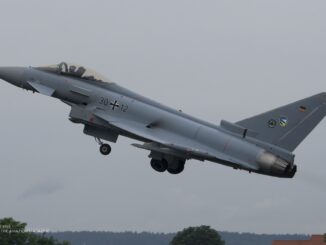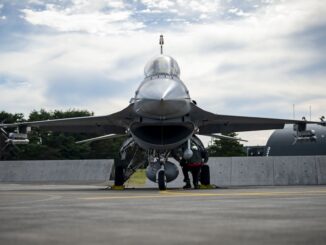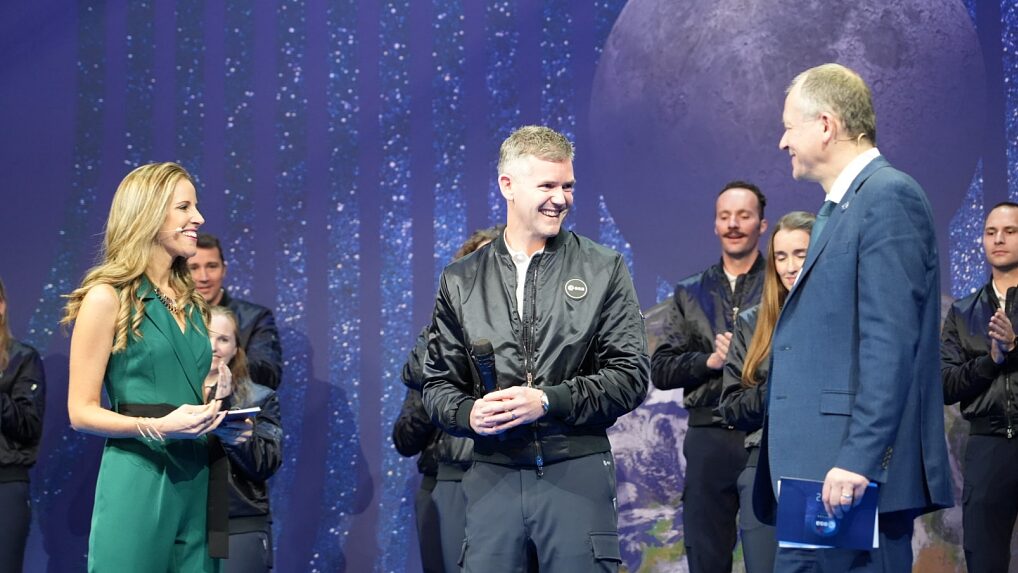 On 22nd – 23rd November 2022, at the Grand Palais Éphémère in Paris, France, the ESA Council at Ministerial level took place. At the conclusion of this two-day meeting, ESA Director General Josef Aschenbacher announced the names of the new candidates for the European Space Agency astronauts.
On 22nd – 23rd November 2022, at the Grand Palais Éphémère in Paris, France, the ESA Council at Ministerial level took place. At the conclusion of this two-day meeting, ESA Director General Josef Aschenbacher announced the names of the new candidates for the European Space Agency astronauts.
Out of more than 22,500 applicants, only seventeen candidates were selected to become the 2022 ESA astronaut class. The first five of them will join the European Astronaut Corps and obtain career astronaut contracts. Another eleven, including Polish scientist Sławosz Uznański, represent the new ESA Astronaut Reserve. Moreover – and what marks a milestone for human spaceflight – a candidate with a physical disability was also announced: John McFall from England, who became a member of the Parastronaut Feasibility Project.
In 2021, Hayley Arceneaux, the crew member of two-day private human spaceflight mission named Inspiration4, became the first person with a prosthetic limb who flew to space. Now, less than two years after and with the first candidate chosen, European Space Agency (ESA) launched the Parastronaut Feasibility Project (PFP), therefore creating a pioneering programme of that kind, not only for the European Space Agency but in the entire history of human spaceflight.
Within the framework of the PFP, in a vacancy which lasted until 18th June 2021, the European Space Agency was looking for people who psychologically, cognitively, technically and professionally could potentially become astronauts but due to a physical disability would not have such a chance before, because of the requirements inflicted by current space hardware.
The educational and psychological requirements for the ESA parastronauts, as the disabled astronauts are called, are the same as for non-disabled candidates. In physical terms, however, the programme opens professional spaceflight opportunities for people with single or double lower limb deficiencies of feet through the ankle; legs below the knee; those with pronounced leg length difference; as well as for people of short stature below 130 cm.
Starting with people with selected disabilities will provide ESA and space technology sector with a thorough understanding of the potential challenges for the safety and functioning of disabled persons in space. Then, it will be even possible to extend the range of disabilities for broader inclusion.
The issue that the European Space Agency aims to deal with, as part of the PFP, is to define the necessary changes and adaptations to the space equipment in order to enable physically disabled, but otherwise excellently qualified professionals, to become fully fledged crew members on a space mission.
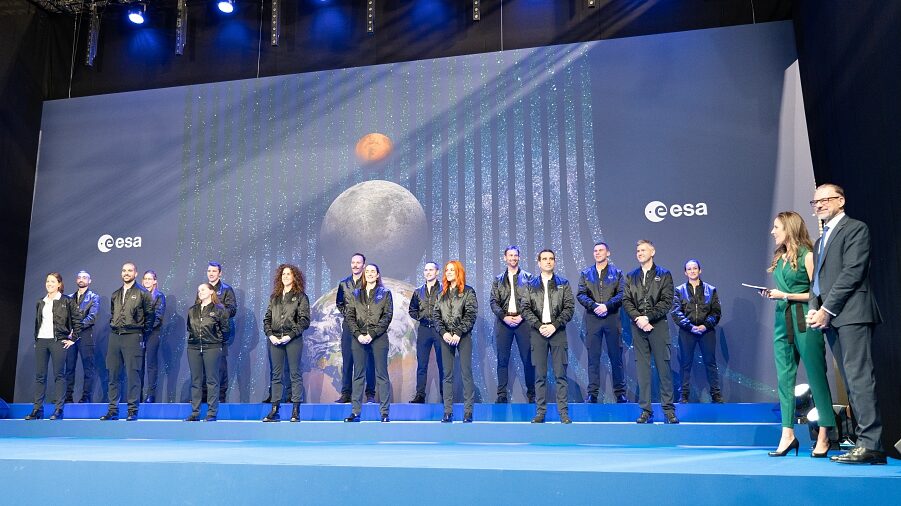
In order to achieve that goal, and besides the selection of candidates for astronauts with disabilities, the European Space Agency launched a study of internal work with its international partners and providers of crewed spacecraft. However, the help of the members of the Parastronaut Feasibility Project, like the newly chosen John McFall, due to facing various daily-life limitations caused by disabilities is invaluable in paving the way for disabled people to fly into space as professional astronauts.
John McFall was born in 1981 in Firmley, the south of England. He has wide-ranging education and experience in the field of sports and exercise science, which he constantly develops. In 2004, McFall graduated from Swansea University with a bachelor’s degree and the following year he completed a master’s degree studies at the University of Wales Institute in Cardiff.
In the early 2000s, at the age of 19, John McFall had a motorcycle accident in which he suffered a serious injury resulting in the amputation of his right leg just below the knee. However, John had not given up and soon learned to walk and run again, now with a prosthetic leg.
Already in 2005, McFall became a professional track and field athlete, representing Great Britain and Northern Ireland as a Paralympic runner in the T42 class. Shortly afterwards, he joined the UK Athletics Athlete Council and represented other disabled athletes on the World Class Podium Programme. Between 2009 and 2011, while continuing his studies, he also worked as a nursing assistant at the Marie Curie Hospice in Cardiff.
In 2012, John McFall became a mentor for the innovative Paralympic Inspiration Programme, which aimed to support future Paralympians. In addition, during the London 2012 Paralympic Games, he was an ambassador and attaché of the event.
Continuing his educational development, McFall completed another bachelor’s degree in 2014, this time in Medicine and Surgery at Cardiff University School of Medicine. Two years later, he became a member of the Royal College of Surgeons and currently works as a Trauma and Orthopaedic Specialist Registrar. At the same time between 2014 and 2016, John McFall additionally was a Foundation Doctor in the British National Health Service in South East Wales and worked in many medical and surgical specialities.
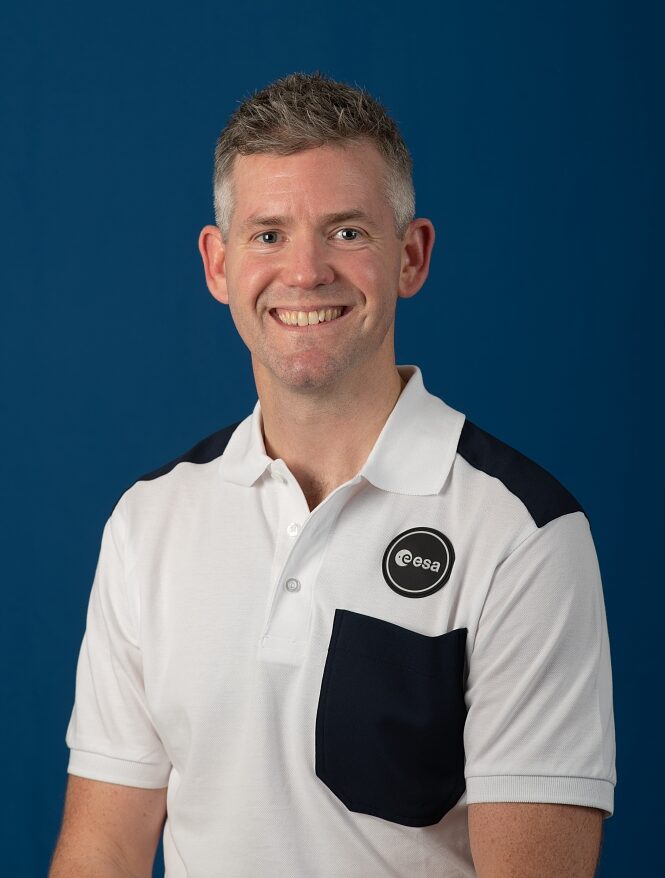
Between 2016 and 2018 McFall completed Core Surgical Training on General Surgery, Urology and Trauma and Orthopaedics in the Wessex deanery. In 2018, he took part in the United Kingdom’s national Trauma and Orthopaedic Specialist Registrar training programme. Currently he is studying for another exams, at Fellow of the Royal College of Surgeons.
For his achievements as an athlete, John McFall was awarded a number of prizes and titles, that include Paralympic Bronze Medal 100 meters at the Beijing Paralympic Games 2008; IWASF World Champion 100 meters and 200 meters, International Amputee and Wheelchair Sports Federation in 2007; Paralympic World Cup Champion 200 meters and Silver Medallist 100 meters at International Paralympic Committee 2007; World Silver Medallist 100 meters and bronze Medallist 200 meters at International Paralympic Committee 2006; European Bronze Medallist 200 meters, International Paralympic Committee 2005.
John McFall was also awarded for his achievements in medicine. At Medical School he received awards in anatomy and dissection. He was also awarded the John Charnley Trust Research Bursary and in 2008 he was Old Millfieldian of the Year. In addition, McFall was also a runner-up for Queen Alexandra Hospital Junior Doctor Awards 2018.
In his private life, John McFall is married and has three children. Running remains his favourite sport, but he also likes mountain biking. Among McFall´s other interests there are guitar playing, travelling, as well as wide-ranging DIY.
As mentioned before, in November of 2022, John McFall was officially announced as the first member of the ESA Parastronaut Feasibility Project. As an active participant in the project, he will help European Space Agency to understand and overcome the barriers that currently exist in human spaceflight technologies. McFall now stands the chance, although yet not guaranteed, to fly to space as the world’s first parastronaut, thus opening the space for other people with physical disabilities.
The first, crucial step was just taken. Successful conclusion of the PFP will allow such people, hopefully in not-so-distant future, to fly into space on regular basis and also to become professional astronauts.
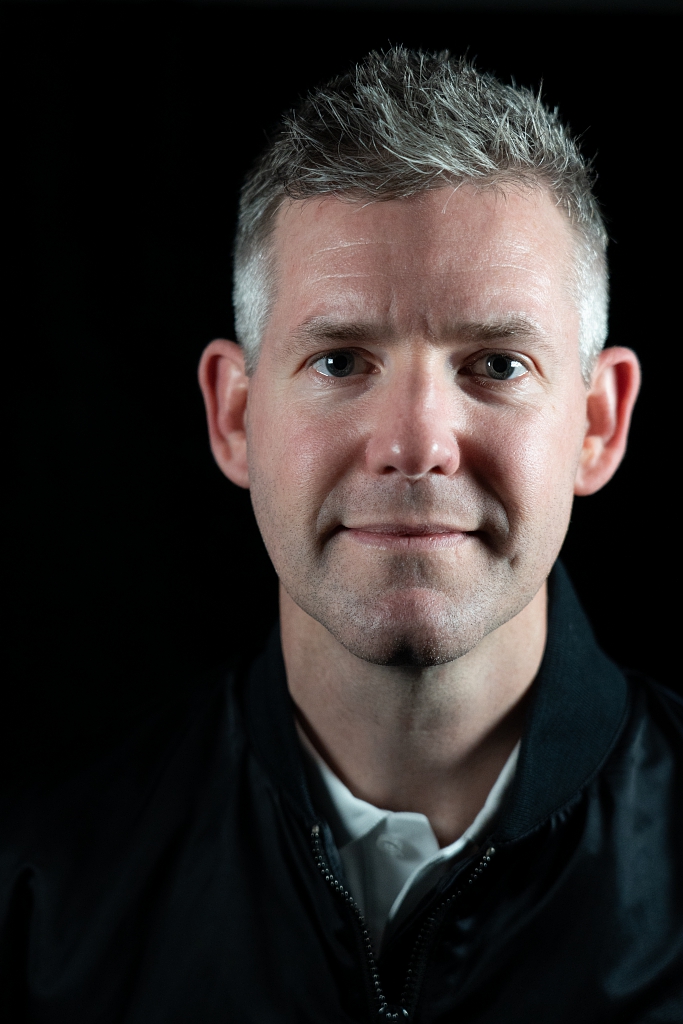
Cover photo: European Space Agency is announcing names of its astronaut candidates. All photos © European Space Agency, credits: S. Corvaja. Information from the ESA press materials were used.
